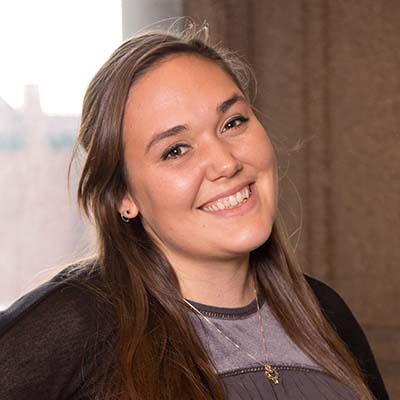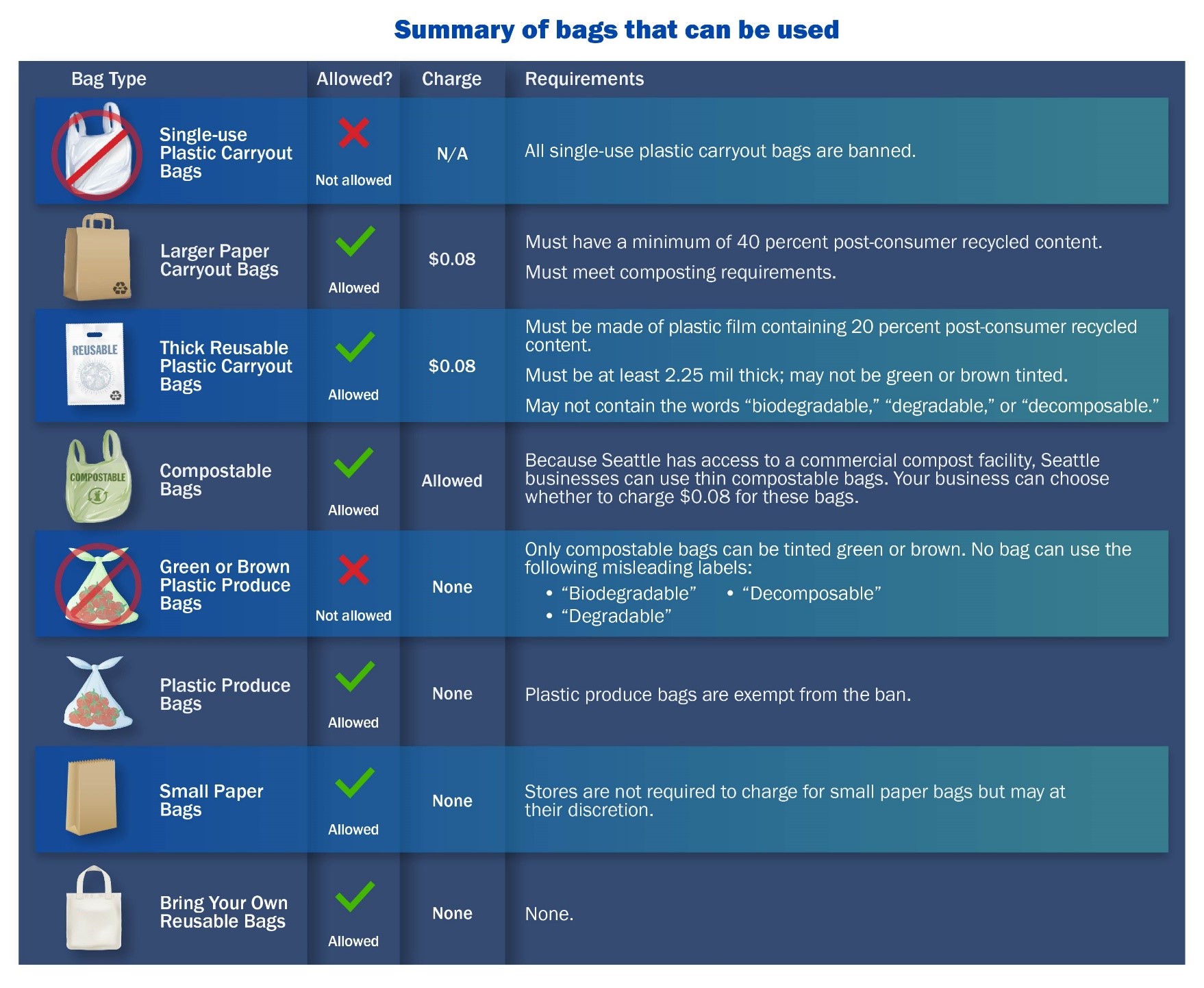
Nicole Walter
Former Advocate, WashPIRG
On Friday, Oct. 1, Washington’s statewide ban on single-use plastic bags goes into effect. Here’s what that means for Washingtonians, tips, and how to report business non-compliance.
Former Advocate, WashPIRG
Washingtonians use 2 billion bags every year, and only a small fraction end up getting recycled. Plastic bags are used for an average of 12 minutes and are then thrown out, clogging our landfills, littering our streets, polluting our waterways, and harming marine and human health.
Nothing we use for a few minutes should be able to harm our environment and health for hundreds of years.
That’s why WashPIRG supported and helped to pass the statewide ban on plastic bags in 2020.
Starting Oct. 1, stores will not be able to give out single-use plastic bags, and an 8-cent-fee will be charged for larger paper and thick “reusable” plastic bags. This applies to grocery stores, convenience stores, restaurants, retail and more – food banks and pantries are not required to charge a fee. The 8-cent-fee is not a tax, but instead a requirement to help stores supply more durable and reusable bags, and to incentivize customers to bring their own reusable bags.
Success in implementation of the ban relies on all of us. Beginning Oct. 1, anyone can report a business not complying with the statewide ban to the Washington State Department of Ecology.
First, it’s important to understand what bags are allowed. The following table from the Washington State Department of Ecology summarizes the different kinds of bags you may encounter:



Furthermore, the original implementation plan allowed stores to use up their inventory of plastic bags by June. While this deadline has passed, forcing stores to throw out their inventory does not help with our plastic waste problem. So, the Department of Ecology may choose to enforce penalties to businesses on a case-by-case basis, if they can prove that plastic bags that they are handing out were purchased before the Oct. 1 implementation date.
While plastic bags are just one piece of the puzzle, banning them in Washington state is a big step forward in protecting our beautiful environment and public health for years to come. WashPIRG is excited to see implementation this week, and is committed to continuing to work to move Beyond Plastic.
Former Advocate, WashPIRG